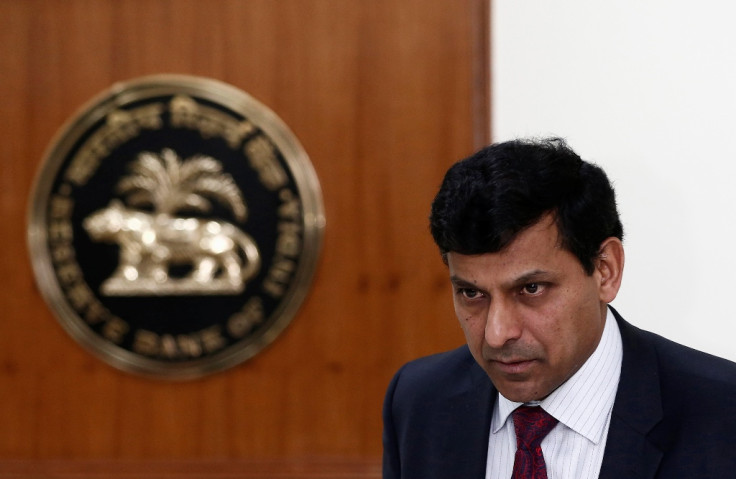India: RBI Leaves Rates Unchanged as Caution Over Inflation Prevails

The Reserve Bank of India has left the main lending rates unchanged at the policy review ignoring calls from business for rate cuts citing persistent upside risks to inflation.
Stocks had rallied after the decision but fell to the red later in the day. The initial reaction in the rupee was a drop and touched a near eight-week high before bouncing back to stronger levels compared to the previous close.
The repo rate, the rate at which the central bank lends overnight money to banks, will remain at 8%, leaving the reverse repo rate at 7%. The RBI also kept the cash reserve ratio at 4%. The decisions were in line with expectations.
The USD/INR rose to as high as 61.73, its highest since 8 August and from its previous close of 61.68, before easing to 61.53. The rupee is still under downward pressure given the strength of the greenback, traders said.
The RBI said all categories of capital flows remain buoyant and as a result, there has been an accretion to international reserves.
However, dollar-denominated reserves have moderated somewhat in recent weeks, largely because of the strength of the US dollar, it noted.
The central bank said it wants to see the recent surge in optimism about the economy translating into solid action.
"The recent cautious optimism that is building in the economy on the back of improved business sentiment needs to be placed on solid foundations through a step-up in investment," the statement said.
The apex bank said it has noted inflation slowing but at the same time, it is also quite mindful of the upside risks.
"Future food prices and the timing and magnitude of held back administered price revisions impart some uncertainty to an otherwise improving inflation outlook, where lower oil prices, a relatively stable currency, and a negative output gap continue to put downward pressure."
The central bank said base effects will temper inflation in the next few months but will reverse towards the end of the year, adding that the bank will look through base effects.
"There are risks from food price shocks as the full effects of the monsoon's passage unfold, and from geo- political developments that could materialise rapidly.".
The bank has tightened the export credit refinance by slashing the share of eligible export credit outstanding to 15% from 32%. But analysts said there will not be much impact due to that as it is an under-utilised facility.
FX hedging raised
As part of its regulation of the foreign exchange market, the RBI said it has hiked the FX hedging for importers to 100% of past three years' average from 50% previously.
The central bank has also allowed banks and primary dealers to take short positions in the over-the-counter market of government bonds, helping improve the liquidity of the market. Banks can now include an additional 7% over and above the SLR limit for liquidity coverage.
Analysts said considering the cautious approach of the RBI on inflation, the incoming price rise data will be crucial for shaping expectations of likely rate moves by the central bank.
© Copyright IBTimes 2025. All rights reserved.






















